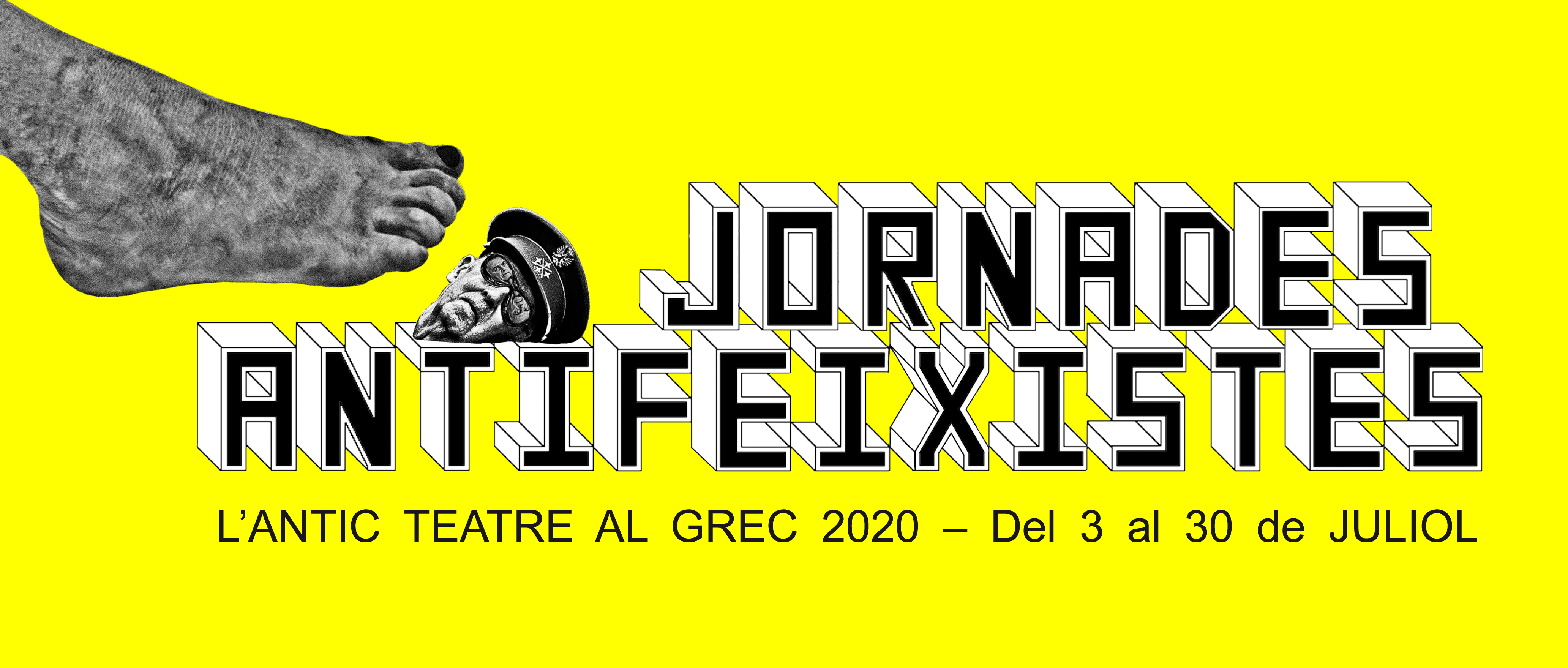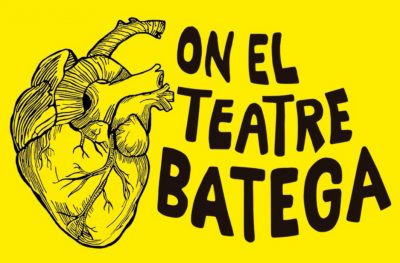
Brazil 2020. Nothing makes much sense. Everything seems to heading nowhere along a road of stupidity and violence. Using this as a starting point, Princesa performs phobias as the ideological substrata to Bolsonarism; censorship and self-censorship; and the appropriation of live, contemporary arts to unite and strengthen militant ultra-conservatism in Brazil. In the midst of this brutality, what can bodies in action do or say? Is there any point in continuing to think about art? About dance? About performance?
The Brasil Segrestat: Cuidado com aquele bizarra session will consist of a presentation, a performative conference, and a round table on LGBTQI resistance in Brazil.
—
Princesa Ricardo Martinelli is a poof, an artist, a researcher, a teacher, and a producer of dance and contemporary arts projects. Since 2011, Princesa has coordinated the creative platform “Sim, somos bizarras!”, which brings together artists who use their work to articulate, portray, or destroy sexual and gender identities. Received a doctorate in 2019 with research project Estética autocoreográfica, Performatividades de gênero e Performances Kuir na arte de corpas não binárias no Brasil de 2019.
Invited to the subsequent debate
Marcia Tiburi is a Brazilian philosopher, plastic artist, literary critic and writer. Among his latest works are: Como conversar con un fascista (2015) and Feminismo en común – Para todas, todes y todos (2017).
María Dantas is one of the founders of the Assembly Mujeres Brasileñas Contra el Fascismo of Barcelona. s a lawyer and is a deputy in Congress for ERC.
“Antifascist struggle is still an issue in the 21st century and we need to remain alert and ready for combat given the resurgence of the far right in its new manifestations, whether at institutional level or on the streets. This year’s programme is in defence of a politicised international scene: artists and residents who do not forget their condition as a class and the social reality that surrounds us.
With the global pandemic and the resulting social and financial crisis, antifascist and antiracist movements must remain extremely active. This is why this year’s conferences are even more important, if possible, than they were last year, when we began to work on them for the Grec 2020 programme. They are a political declaration of support and joint strength against fascism.”
Semolina Tomic, Antic Teatre’s Artistic Director
“In Spain and in Brazil the transition to democracy retained certain conservative elements in a latent state that have now emerged and entered the institutions, supported by the advance of an international far-right front. In Brazil, the assumption of power by an alliance of contemporary neofascism motivated by unfettered liberalism is resulting in the systematic destruction of public institutions and policies that were many years in the making.” Isabel Ferreira and Eduardo Bonito, activists and independent curators.
With Antic Teatre at Grec 2020: Antifascist Conferences, we’re putting forward a programme adapted to an online format to stimulate encounters, reflection, and action. The Antifascist Conferences bring to the foreground how sociopolitical authoritarianism threatens people in Brazil today, living the extremely serious situation imposed b Bolsonaro’s neofascist government, and how it still affects those who lived through Franco’s dictatorship.




